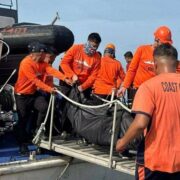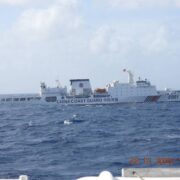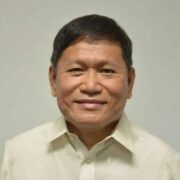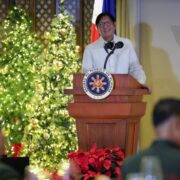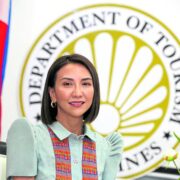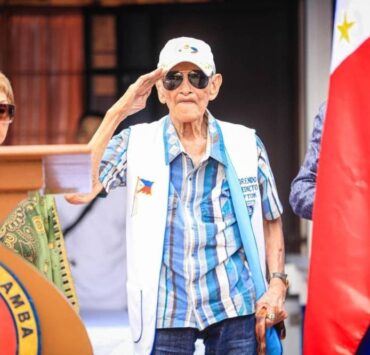ICC grants Du30 camp’s bid to disqualify doctor
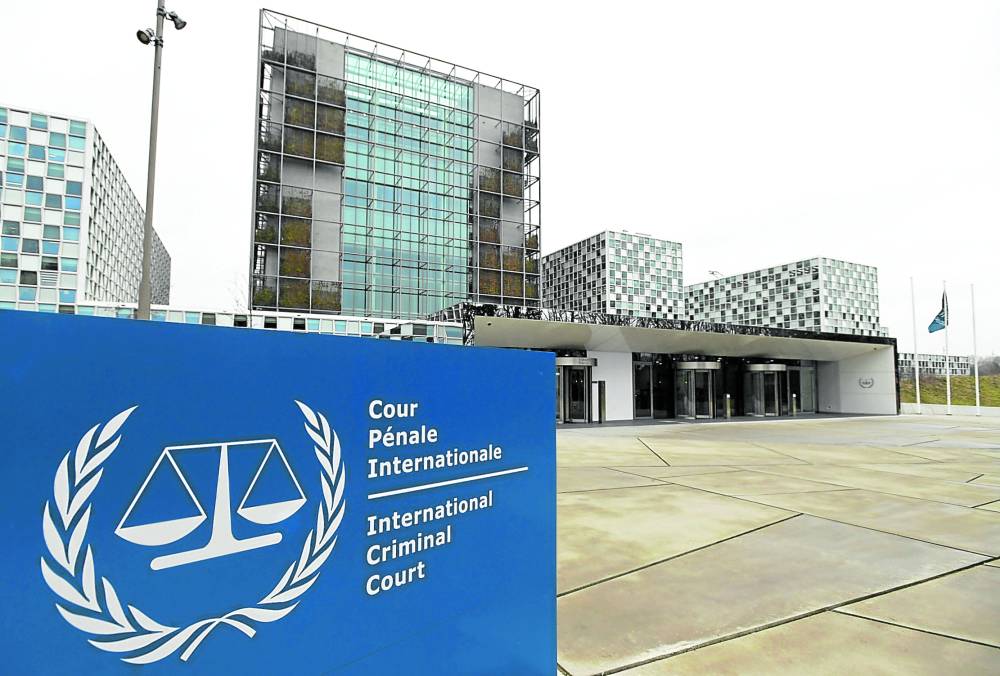
A pretrial chamber of the International Criminal Court (ICC) has disqualified a neuropsychologist from the medical team tapped to examine the mental fitness of former President Rodrigo Duterte over the doctor’s “offensive” social media remarks.
The Pre-Trial Chamber (PTC) I, in a Nov. 3 decision, agreed with Duterte’s defense team that the online posts by the unidentified neuropsychologist make him “objectively incompatible with the independence, professionalism and impartiality necessary to perform duties before the court.”
“The chamber considers that the social media activity attributable to [redacted], as set out in the defense’s request, renders him unsuitable to act as an expert in the panel,” it said in an eight-page ruling whose redacted version was released on Friday night.
Replacement doctor
The doctor was supposed to replace one of the original members of the team of medical specialists named by the chamber to look into Duterte’s mental fitness.
The appointment of the original neuropsychologist was revoked on Oct. 17 because she was still suspended from medical practice.
But the defense also asked the court to remove the replacement neuropsychologist, citing his “sickeningly offensive” reposts and replies on X last year, which made him “incapable” of providing an impartial expert opinion on Duterte’s case. Social media posts cited in the decision were redacted.
The PTC I directed the ICC Registry to “revoke his access to any documents he was already provided with, if any, ensuring that no relevant information remains in his possession and reminding him that any information to which he has already had access is and remains confidential.”
Censure
The chamber instructed the ICC Registry to admit another specialist to the court’s list of accredited experts.
It also censured the Registry, which oversees the administrative affairs of the Hague-based tribunal, for its “failure to identify and take into account the abovementioned information during the preparation of the requested shortlist [of medical experts]” and urged it to “revise its working methods and relevant procedures.”
Duterte, 80, is detained at the Scheveningen prison in The Hague, the Netherlands, for three counts of murder as a consolidated charge of crime against humanity over at least 49 killing incidents in his so-called war on drugs.
He sought the indefinite suspension of the pretrial proceedings, but the PTC I has yet to consider the findings on Duterte’s health from his medical team before ruling on his request. The team is also composed of a forensic psychiatrist and a geriatric and behavioral neurologist.
Appeal on jurisdiction
Meanwhile, the defense has filed its appeal on jurisdiction before the Appeals Chamber to assert its position that the ICC lost the authority to investigate the drug war killings when the Philippines effectively left its fold in 2018.
In its 21-page appeal brief, the defense challenged the PTC I’s decision on four grounds: That a preliminary examination is “not a matter under consideration” within the meaning of Article 127 [of the 2002 Rome Statute establishing the ICC]; that the court should not include the Office of the Prosecutor (OTP) in interpreting the same provision; that the PTC “erred” in finding that the “object and purpose” of the Rome Statute allowed the start of a probe into the drug war; and that it erred in finding that Article 127 was “lex specialis,” or that a specific rule prevails over a general one.
Duterte’s defense team, led by Nicholas Kaufman, based their arguments on Article 127, the provision on the withdrawal of state parties.
The PTC I, in a unanimous decision on Oct. 23, affirmed the court’s jurisdiction over Duterte’s case, stressing that the provisions of the Rome Statute should be “interpreted according to their ordinary meaning.”
It also rejected the defense’s arguments that the preliminary examination into the drug war killings, which was initiated by then ICC prosecutor Fatou Bensouda in 2018, and the court’s subsequent authorization to begin investigation in September 2021, were “different matters.”




